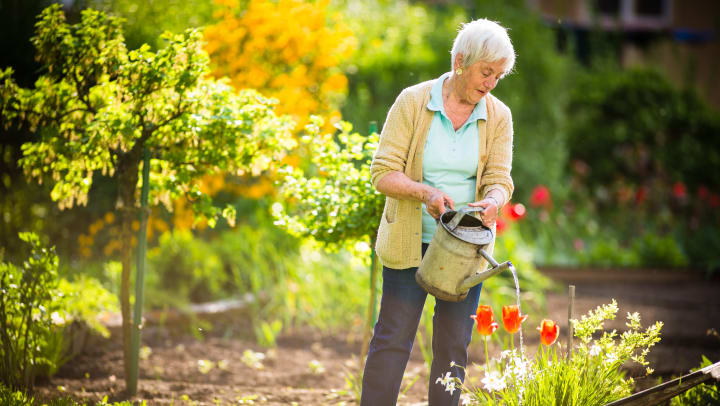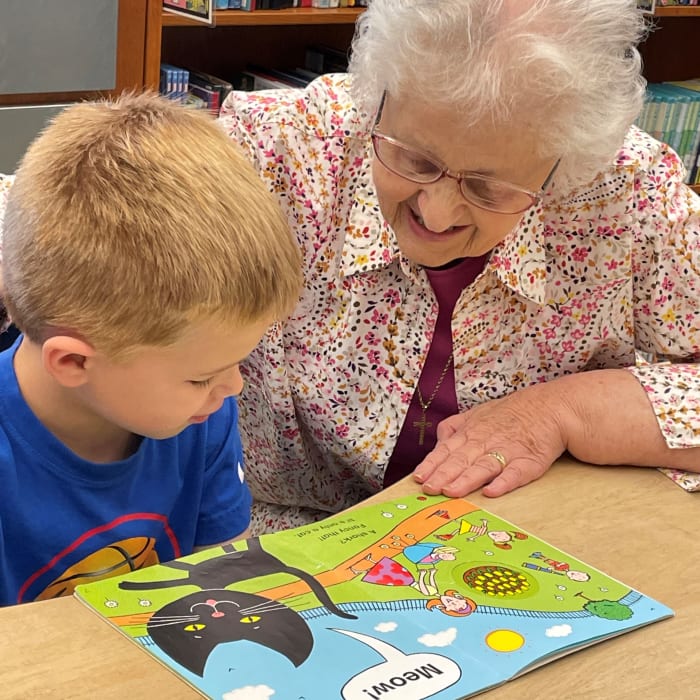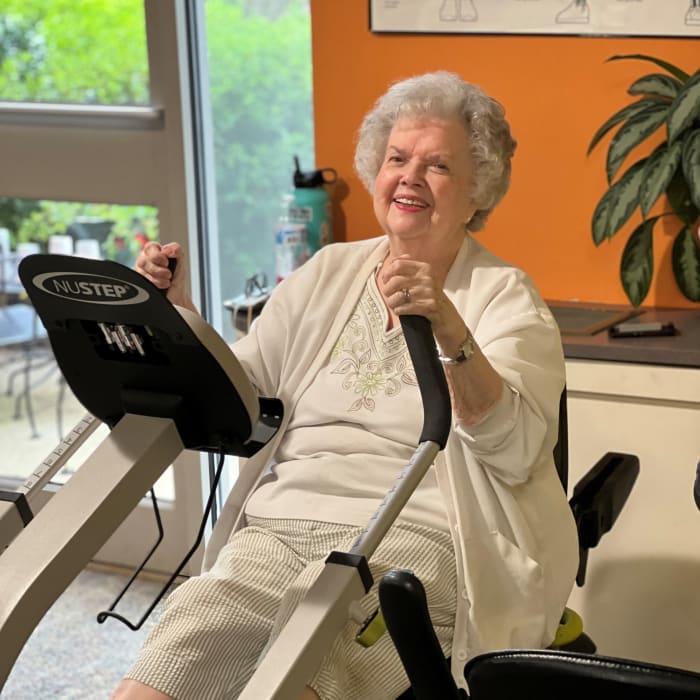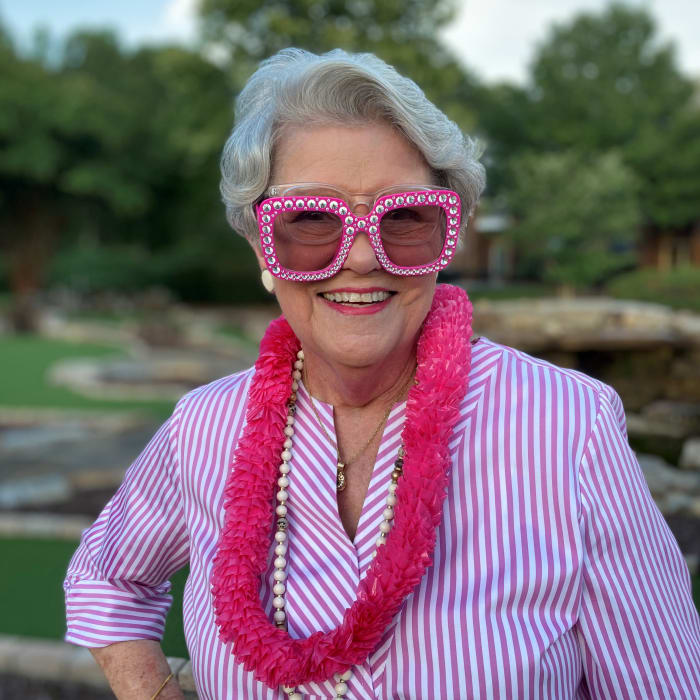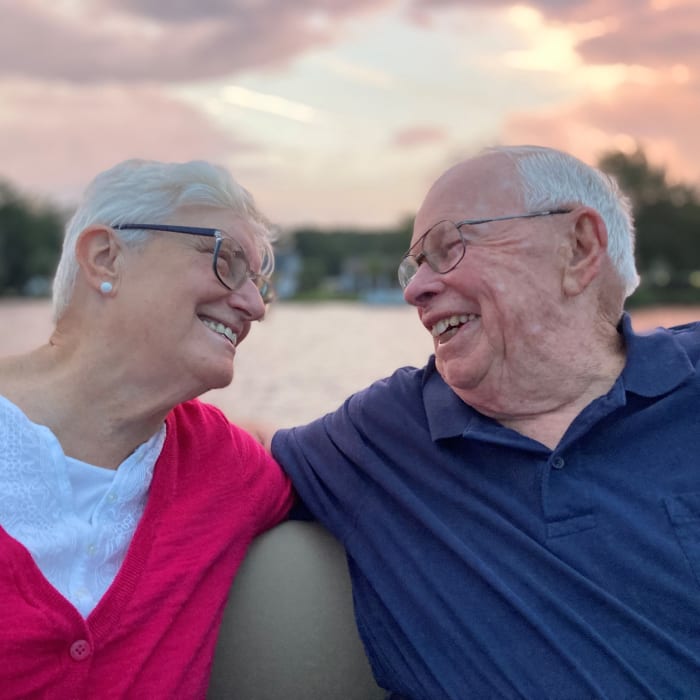Stay cool and avoid summer health issues
Heat waves and COVID-19 both pose dangers for older adults and those with health conditions, and the dynamics of social isolation make it harder to check on the safety of others. For older adults staying at home, the sweltering heat can be dangerous — especially in buildings without air conditioning and during power outages.
With COVID-19 keeping people away from pools and indoor spaces designed for cooling off, more people are at risk for overheating this summer. On warm summer days when temperatures climb high, heat can contribute to serious health risks such as heat exhaustion, heatstroke and dehydration. Understanding the risks, knowing the symptoms to take seriously and taking some preventive measures can help you get through summer's hottest stretches — safely.
Heatstroke
Heatstroke is a medical emergency that occurs when the body loses the ability to control its temperature. According to the National Institute on Aging (NIA), older adults who live without fans or air conditioning and those with chronic health conditions are most at risk. Heatstroke can be life-threatening. Seek medical help right away if you notice these symptoms in yourself or someone else:
- Fainting or dizziness
- Extremely high body temperature over 104 F
- Change in behavior such as confusion, grouchiness or just acting strangely; red, hot and dry skin
- Rapid, strong pulse or slow, weak pulse
- Rapid breathing
- Nausea or vomiting
Heat exhaustion
Heat exhaustion is a milder heat-related illness. While it’s not as dangerous as heatstroke, you should take the symptoms as a warning to get someplace cool and drink fluids. With heat exhaustion, you may:
- Feel weak, tired, nauseated or dizzy
- Sweat heavily and have clammy skin
- Be thirsty
- Have a headache
- Have a rapid pulse
Dehydration
On hot days, your body produces more sweat to cool itself down. As a result, the body flushes out fluids more quickly. If you don’t replenish them, you may become dehydrated. Symptoms of dehydration include excessive thirst, dry mouth, headache, little or no urine, darker urine, fatigue and lightheadedness.
Keep your cool
The Centers for Disease Control and Prevention offers the following tips to prevent heat-related illness:
- Sip on cool, nonalcoholic beverages throughout the day. (If your doctor limits your fluid intake, consult with him or her on hydration needs for hot days.)
- Take it easy. Avoid strenuous activity, and rest as needed.
- Cool down with a shower, bath or sponge bath.
- Seek the comfort of air conditioning. If you don’t have air conditioning at home, seek out indoor cooling centers (if open) in your community, such as an air-conditioned mall, library or senior center.
- Wear clothing that’s loose fitting and lightweight.
- Stay inside during the hottest part of the day — 10 a.m. to 4 p.m.
The most important step everyone can take during a heat wave or pandemic is to check on friends, family and neighbors more frequently — even if it’s just a phone call. At Presbyterian Communities of South Carolina, you can trust that you’ll have the support you need to handle a heat wave and get medical help if needed. Visit www.prescommunities.org to learn more.


